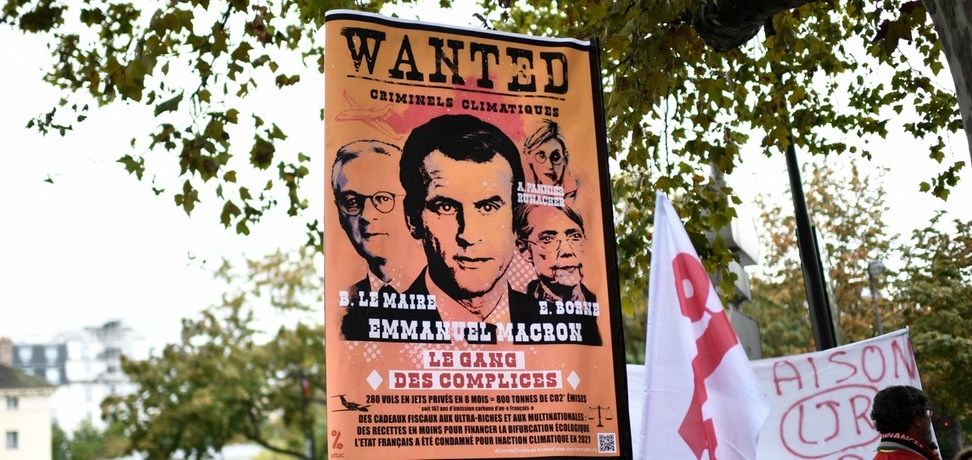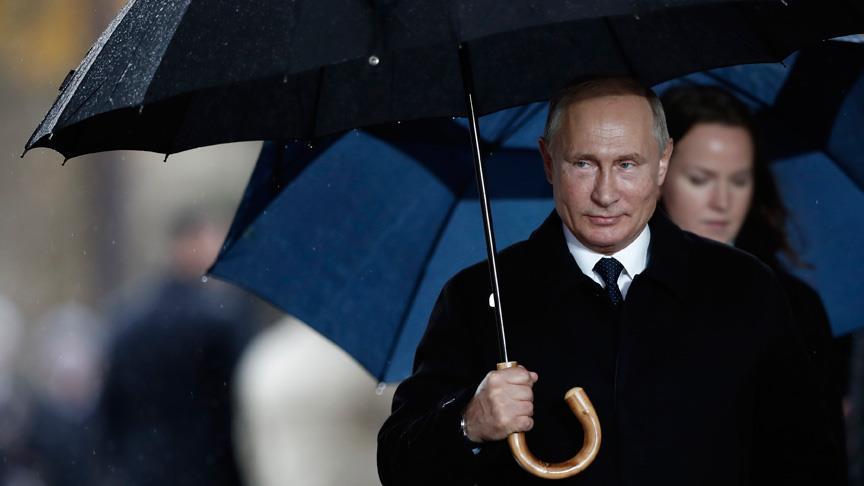France pension reform: Macron’s most sensitive project
The pension reform is probably the most difficult project in the second term of office of French President Macron.

The draft is to be presented in Parliament today. Worries and clear rejection are already evident.
Crystelle was looking forward to retirement and will probably have to wait two years longer: “Retirement at 60, that was good. 62 – okay. But 64, that’s not possible.”
Crystelle has been working as a cashier for 35 years, and the job, she says, is slowly getting to the substance: “The work is very hard – mentally, but also physically. I have to lift a lot, it’s exhausting.”
First key points leaked
Retirement probably at 64 instead of 62 as before: This is one of the central points of the reform that have so far leaked out in the French media. Anyone who wants to retire without deductions must have paid contributions for 43 years, after which the minimum pension should be EUR 1,200.
Those who do not have 43 years of contributions should still be able to retire at the latest at 67 without deductions.
An important goal of the government is to relieve the pension funds. It is true that they have made surpluses in the past two years. However, the situation will deteriorate significantly by 2032, the independent expert panel “Conseil d’orientation des retreats” warned in its annual report in September.
The presidential party is resolute
Aurore Bergé is leader of the parliamentary group of the presidential party “Renaissance”. From their point of view, there is no way around the reform.
There must be a “joint effort” now, she demands – “i.e. work more and retire later”. And if the reform is unpopular, that doesn’t mean it doesn’t have to be implemented.
An unfinished project
There had already been a start for this reform in 2019 – and strong resistance from unions and the population. Despite this, the government pushed the reform through parliament.
The implementation was then put on hold because of the pandemic. Prime Minister Elisabeth Borne now has the thankless task of bringing the unpopular project to an end.
Polls show disapproval
According to polls, a majority of French people reject the reform. Many see this as an expression of social hardship and one more concern in times of inflation and high energy prices.
In fact, the plans, as far as they are known so far, still have a few blind spots, says economist Thomas Porcher. He warns that the reform will hit those working in physically demanding and low-paid jobs the hardest.
“On average, the least privileged have ten years left in which to draw their pension – and they want to take two or three years out of that. Studies by unions also show that working conditions are getting worse and worse for 40 percent of workers. And more than Half of the employees say: I can no longer do my job at 60.”
Earlier retirement for harder workers
However, the government emphasizes that people in particularly tough or dangerous jobs should continue to have the right to retire earlier. However, the criteria for this are still open – as is the question of what happens to those who started working particularly early.
Another important question that has not yet been clarified as part of the reform: How can older people also be better integrated into the labor market? According to figures from the French Ministry of Labor, at the end of 2021 only a good third of 60 to 64-year-olds were still working.
Macron’s legacy
For President Emmanuel Macron, pension reform is the most important project of his second term – a project that will become his political legacy. With some effort, he secured the support of the conservatives “Les Républicains” in parliament, who now apparently want to support the reform.
The trade unions, however, have unanimously announced violent protests; even those who are actually considered to be reform-oriented. Shortly after the plans were presented, there should be a joint meeting in the evening to coordinate further action.
Cyril Chabanier, leader of the Christian Workers’ Union, is already announcing demonstrations, along with other unions – if the announcements are confirmed and the retirement age is raised.
On January 23, the French Council of Ministers is to decide on the reform plans. From the end of January, the project will then be discussed in Parliament. But the government and President Macron must be prepared for strong headwinds and a possible wave of social protests.


